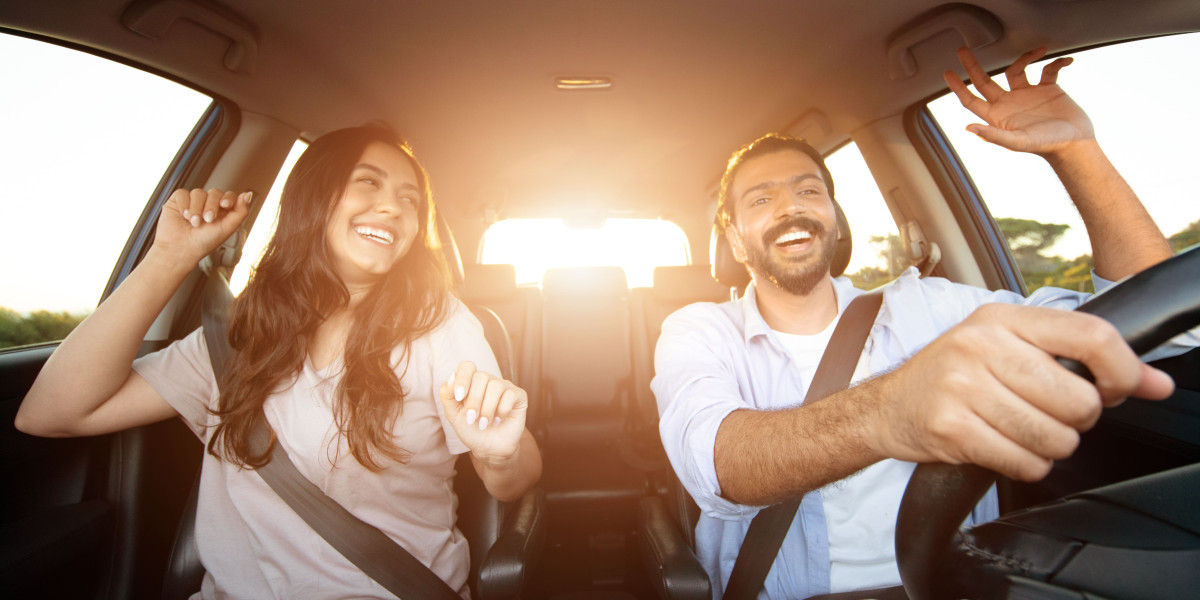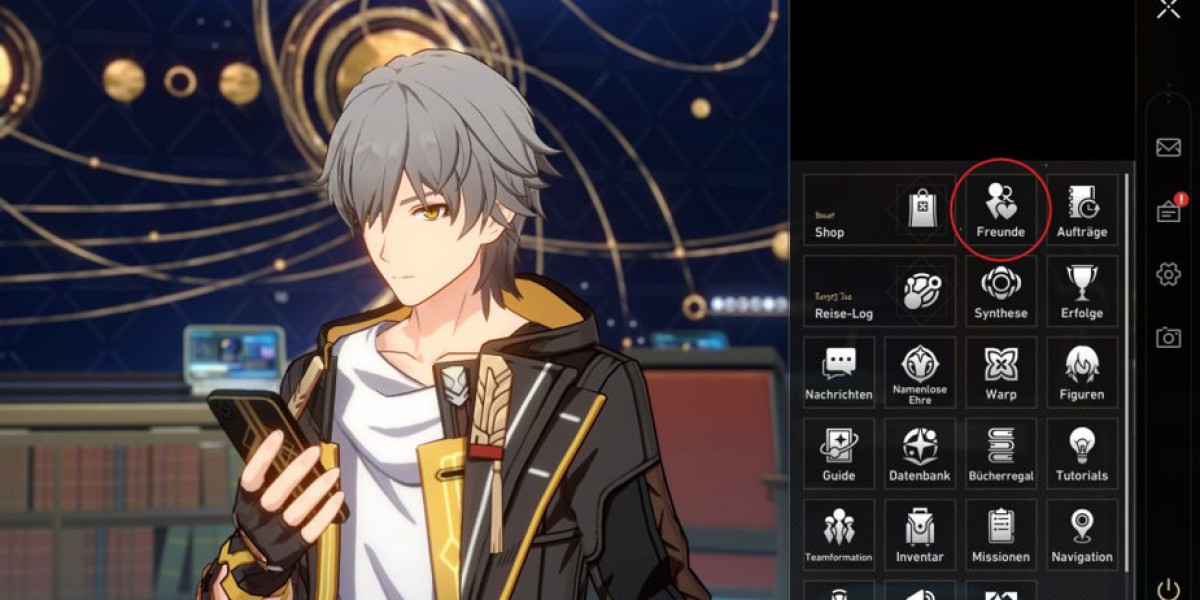Understanding the Licensing System in the UK: A Comprehensive Guide
The licensing system in the United Kingdom is a complex framework created to control different activities, from driving to operating an organization. It is vital for individuals and organizations to browse this landscape efficiently, as licenses are often needed to guarantee safety, compliance, and reasonable practice. This post intends to offer a thorough understanding of the licensing system in the UK, covering numerous kinds of licenses, the application process, and frequently asked questions.

Kinds of Licenses in the UK
The UK licensing system encompasses a huge series of licenses, catering to various sectors and activities. Below are a few of the most typical types of licenses:
1. Driving Licenses
- Full UK Driving License: Required for people to lawfully drive on public roadways.
- Provisionary License: Allows learners to drive under supervision while preparing for their driving test.
- Taxicab and Private Hire Licenses: Required for drivers of taxis and personal hire cars to ensure they meet safety and professional standards.
2. Company Licenses
- Alcohol and Entertainment Licenses: Required for establishments that sell alcohol or provide entertainment.
- Food Business Registration: Mandates any business that prepares or offers food to sign up with regional authorities.
- Environmental Permits: Needed for services that might impact the environment, such as garbage disposal and emissions.
3. Expert Licenses
- Medical Licenses: Necessary for doctor to practice and supply health care services.
- Solicitor and Barrister Licenses: Required for lawyers to use legal representation.
4. Other Licenses
- Event and Festival Licenses: Required for hosting events that may draw in big crowds or pose public security dangers.
- Drone and Aviation Licenses: Necessary for individuals or organizations using drones for business purposes.
The Application Process
Acquiring a license in the UK typically involves a systematic application process. While the specifics might differ based on the kind of license, the following general steps can provide a guideline:
1. Identify the Required License:
Identify which license is essential for the desired activity. This may involve seeking advice from main resources or regional authorities.
2. Collect Required Documentation:
Prepare all needed documents, which might include identification, proof of credentials, or service information.
3. Send the Application:
Complete the application type-- this could be online or by means of postal service-- and send it along with the needed documentation.
4. Payment of Fees:
Most licenses include associated charges, which need to be paid upon application.
5. Wait For Processing and Inspection:
Authorities may examine the application and perform examinations where appropriate. Processing times can vary extensively.
6. Receive the License:
Upon approval, the candidate will receive their license, which may be valid for a specific period, needing renewal afterwards.
Maintaining Compliance
Licenses typically include particular obligations that need to be complied with in order to keep compliance. Failing to satisfy these conditions can lead to penalties, including fines or revocation of the license. Here are some typical requirements to think about:
Regular Renewals: Most licenses need periodic renewal. Keeping an eye on expiration dates is important.
Record Keeping: Many licenses require comprehensive records, whether for monetary data, client interactions, or safety audits.
Mandatory Training: Certain professions require ongoing expert development and training to stay compliant.
Frequently Asked Questions (FAQs)
1. The length of time does it require to get a UK driving license?
The timeframe for getting a driving license can differ. For a provisionary license, processing usually takes about three weeks. A full license might take several months depending on the waiting times for driving tests and other aspects.
2. What happens if I drive without a legitimate license?
Driving without a legitimate license can result in hefty fines, points on your driving record, and possible criminal charges, which can lead to a driving ban or jail time in severe cases.
3. Can I obtain numerous licenses at the same time?
Yes, individuals can get several licenses concurrently; nevertheless, each application will be evaluated independently based upon its requirements and compliance policies.
4. Are there any exemptions to licensing requirements?
Certain activities might have exemptions; for example, volunteer drivers might not require a taxi license under particular conditions. It is best to consult regional policies or legal suggestions.

5. What should I do if my license is lost or stolen?
If a license is lost or stolen, it must be reported to the appropriate authorities at the earliest opportunity. Applicants can then make an application for a replacement through the proper channels.
Navigating the UK licensing system is vital for anyone wishing to take part in activities that require legal operation, from driving a car to running a company. Comprehending the numerous licenses available, the application processes, and compliance obligations can assist people and companies alike in accomplishing their objectives while adhering to legal standards. Whether looking for a driving license or a business license, it is basic to stay informed about the continuous modifications in policies and requirements.








